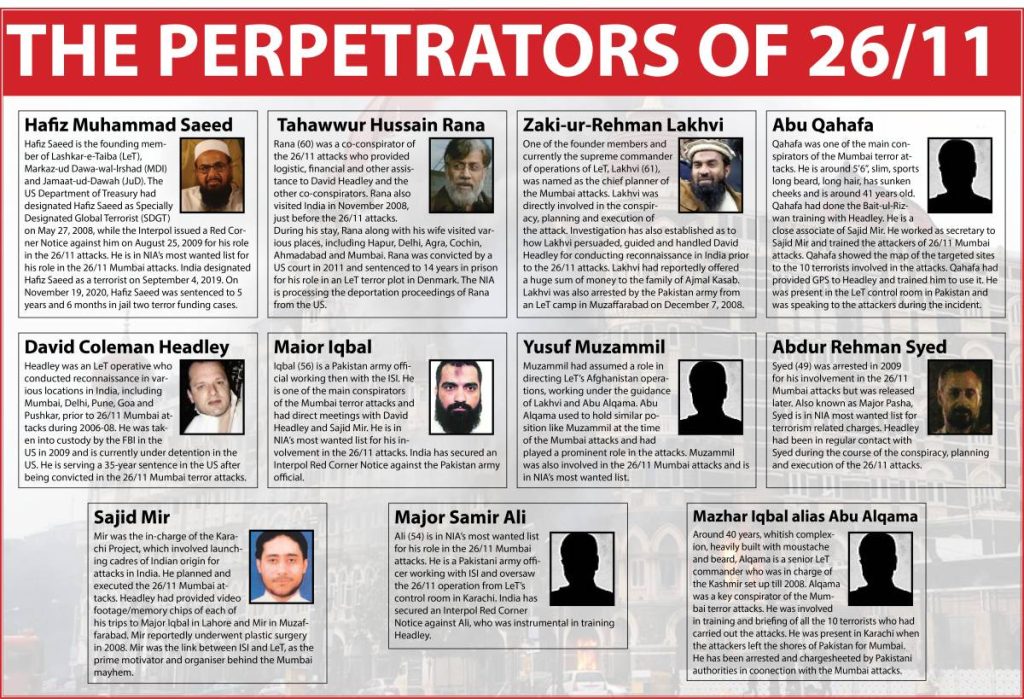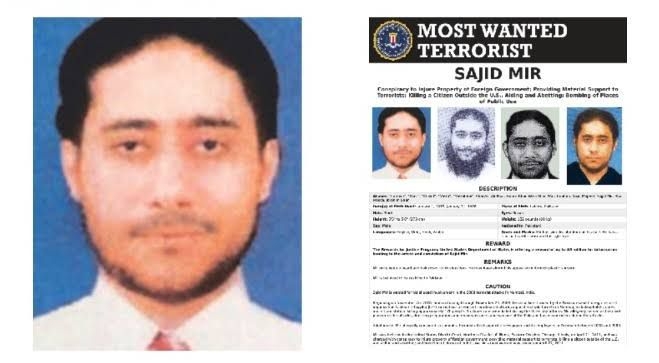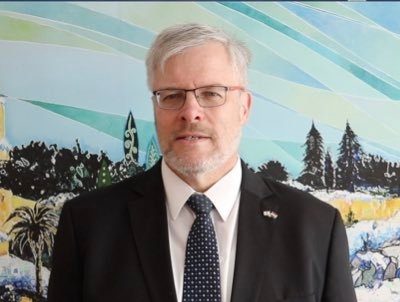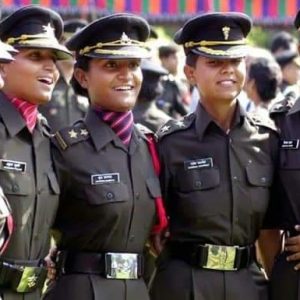China continues to defy the other members of the Security Council and the overwhelming anti-terrorism sentiments by protecting from UN sanctions four key leaders of the Lashkar-e-Taiba (LeT) that carried out the 26/11 Mumbai attack, reports Arul Louis
Fourteen years after the attack that killed at least 166 people, Beijing works with Islamabad to undermine anti-terrorism measures against Pakistan-based terrorists behind the carnage.
The four from LeT who got China’s umbrella this year were the group’s commander Sajid Mir, who orchestrated the 26/11 attack; deputy chief Abdur Rehman Makki; deputy chief of the LeT front Falah-I-Insaniyat Foundation Shahid Mahmood, and LeT commander Hafiz Talha Saeed, who is LeT chief Hafiz Muhammed Saeed’s son.
China also put a hold on sanctions on the Jaish-e-Mohammed terror group’s deputy leader Abdul Rauf.
China had initially allowed eight LeT leaders to be sanctioned, four in the month after the 26/11 attack, and four later, before taking a hardline in support of other LeT leaders in a show of solidarity with Pakistan.
“Our efforts to sanction the perpetrators and facilitators of these terror attacks were blocked in the past for political reasons,” India’s Permanent Representative Ruchira Kamboj said last week at the Security Council.
“These actors continue to walk free and have been organising further cross-border attacks against my country,” she said.

US Permanent Mission’s Political Coordinator John Kelley at the same meeting regretted that only one entity was added to the sanctions list this year and said, “The important work of this committee must remain free from politicisation that only benefits the terrorists.”
The committee paralysed by China’s intransigence was only able to add Khatiba al-Tawhid wal-Jihad, a terror group operating in Syria to the sanctions list this year, while the LeT leaders and another Pakistan-based terrorist have been spared.
The Security Council’s panel, known as the 1267 Sanctions Committee for the resolution setting it up, places individuals and groups under sanctions that include travel bans and financial restrictions for terrorist activities involving the al-Qaeda, the Islamic State and affiliated organisations like the LeT.
The committee includes all the 15 members of the Security Council and gives every one of them the right to place a hold on sanctions, which amounts to a veto.
When the Security Council’s Counter-Terrorism Committee (CTC) met in Mumbai last month, an audio clip of Mir directing the 26/11 terrorists at the Jewish centre was played to focus on the role of the terrorist under Beijing protection at the UN.

At the CTC’s special session in the terrorists’ killing field, the Taj Mahal Palace Hotel, External Affairs Minister S. Jaishankar said, “The key conspirators and planners of the 26/11 attacks continue to remain protected and unpunished.”
This, he said, “undermines our collective credibility and our collective interests” and until “the masterminds and perpetrators of this attack” are brought “to justice, this task remains unfinished”.
In a video message to the meeting, US Secretary of State Antony Blinken said, “That is what the US has been working to do, together with India and other partners for the last 14 years because when we allow the architects of these attacks to go unpunished, we send a message to terrorists everywhere that their heinous crimes will be tolerated.”
In the first flush of global fury against the horror of the 26/11 attack, China in December 2008 did not stand in the way of sanctioning LeT boss Saeed, operations head Zaki-ur-Rehman Lakhvi, finance chief Haji Muhammad Ashraf and financier Mahmoud Mohammad Ahmed Bahaziq.
Later, four others from the LeT were added to the list: Muhammad Arif Qasmani and Mohammad Yahya Aziz in 2009, and Hafiz Abdul Salam Bhattvi and Malik Zafar Iqbal Shahbaz in 2012.
ALSO READ: 26/11: Envoy says Israel will ‘never forget, never forgive’













